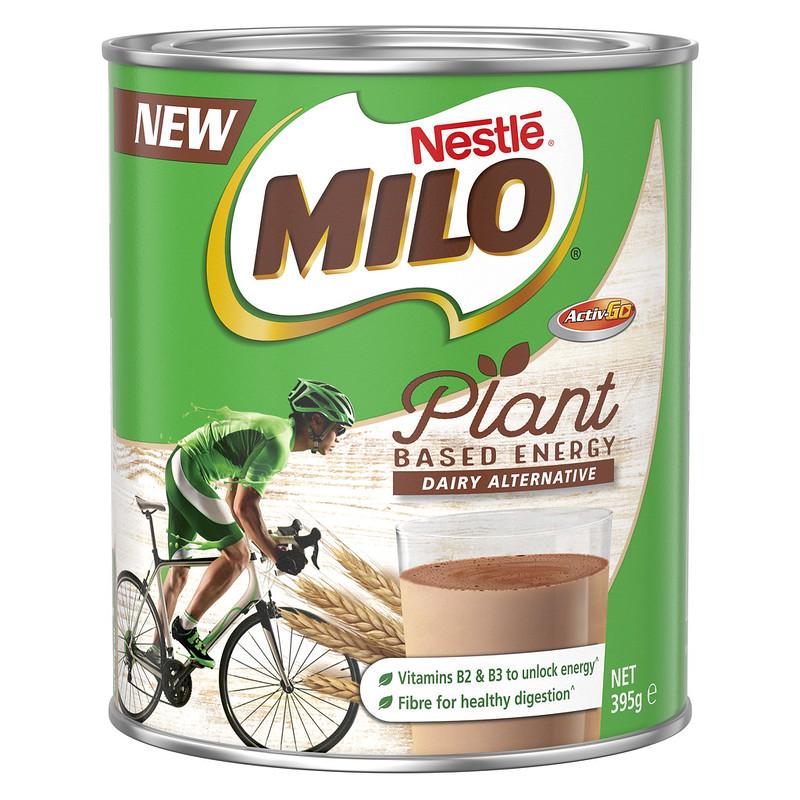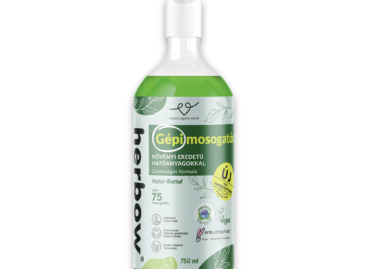Nestlé Doubles Down on Plant-Based Offerings
Nestlé, one of the world’s largest food maker, is maintaining its focus on plant-based products, even as the broader industry faces a slowdown. Mel Cash, Nestlé’s chief marketing and innovation officer, highlighted the enduring consumer interest in plant-based options, driving the company’s commitment to this category.

Although plant-based foods and beverages make up a small fraction of Nestlé’s $104 billion global sales, they remain a significant area of growth. Cash emphasized that consumer awareness and desire for plant-based products persist, leading Nestlé to cater to these preferences.
Since entering the plant-based market in 2017 through the acquisition of Sweet Earth, Nestlé has expanded its offerings, including plant-based chicken, beef, deli meats, and extensions for popular brands like Coffee mate, Natural Bliss, Starbucks creamers, Toll House chocolate chips, DiGiorno Pizza, and Stouffer’s Lasagna.
Nestlé’s unwavering commitment to the plant-based space reflects its dedication to meeting evolving consumer needs. As sustainability, health, and ethical considerations gain prominence, plant-based alternatives provide an appealing option for those seeking to reduce animal product consumption.
This strategy aligns with the broader trend in the food industry, where many companies are investing in plant-based products to meet the growing demand for sustainable and healthier options. The thriving plant-based market fosters innovation and competition among industry players.
Consumers can anticipate more innovative plant-based options from Nestlé as the company continues to expand its portfolio. By combining its expertise in food and beverage manufacturing with consumer insights, Nestlé aims to deliver products that satisfy both taste and nutritional requirements, catering to diverse dietary preferences.
Related news
Herbow Dishwasher Detergent
🎧 Hallgasd a cikket: Lejátszás Szünet Folytatás Leállítás Nyelv: Auto…
Read more >Related news
MOHU: 5,200 return points are in operation, but 47 larger settlements still do not have RE points – public “enema” machines may be introduced
🎧 Hallgasd a cikket: Lejátszás Szünet Folytatás Leállítás Nyelv: Auto…
Read more >








